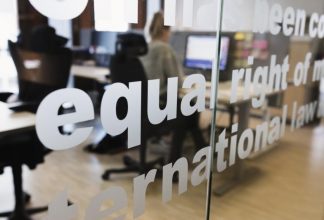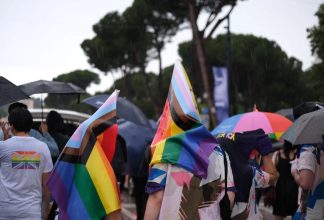Voices of Pride: LGBTI+ activism in Sarajevo, Prishtina, and Tirana
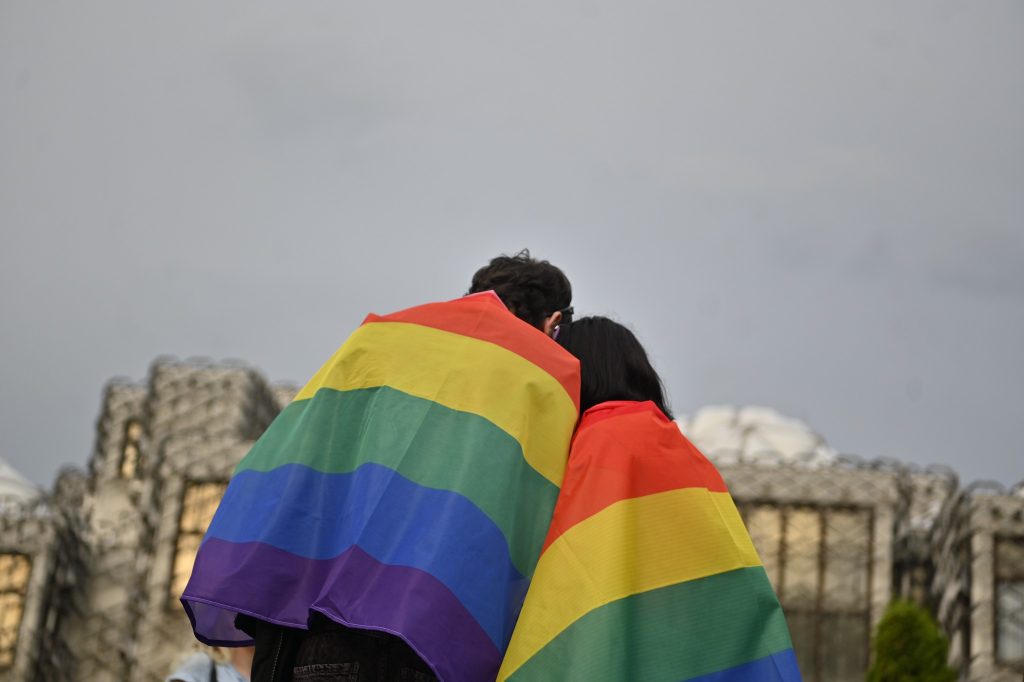
The Western Balkans is a region where the fight for LGBTI+ rights is gaining momentum. In countries such as Albania, Kosovo, and Bosnia and Herzegovina, LGBTI+ activists are leading the charge, organising Pride events and advocating for greater acceptance and equality. These efforts are not without their challenges, as activists often face societal prejudices, political obstacles, and personal risks. Yet, the resilience and determination of the communities shine through, showcasing a powerful movement of love, solidarity, and resistance. As Pride Month unfolds, we speak with activists from Sarajevo, Prishtina, and Tirana, cities in the Western Balkans that host their Pride events during this month. Their stories offer a unique perspective on the significance of these celebrations and the ongoing fight for equality.
The history of LGBTI+ rights in the Western Balkans is a complex narrative marked by significant challenges and gradual progress. For years, LGBTI+ individuals often faced severe discrimination, marginalisation, and violence. However, over the past decades, there has been a noticeable shift. Legal reforms have been implemented, such as the decriminalisation of homosexuality and the introduction of anti-discrimination laws. Activists have increasingly organised to advocate for their rights, leading to the establishment of annual Pride events in major cities. These events, while often met with resistance, have played a crucial role in raising awareness and fostering a sense of community. The journey towards full equality is ongoing, but the resilience and determination of LGBTI+ activists continue to drive the movement forward, slowly transforming the social and political landscape of the region.
Alex, Member of the Organising Committee of the Bosnian-Herzegovinian (BiH) Pride March
“In recent years, there has been some improvement regarding LGBTI+ rights and acceptance in Bosnia and Herzegovina. Public attitudes towards LGBTI+ people improved drastically in 2019, the year of the first Pride March, and have slowly but steadily improved since. However, violence, hate speech, and discrimination remain prevalent, as evidenced by the 2023 attack on the BiH Pride March committee in Banja Luka.
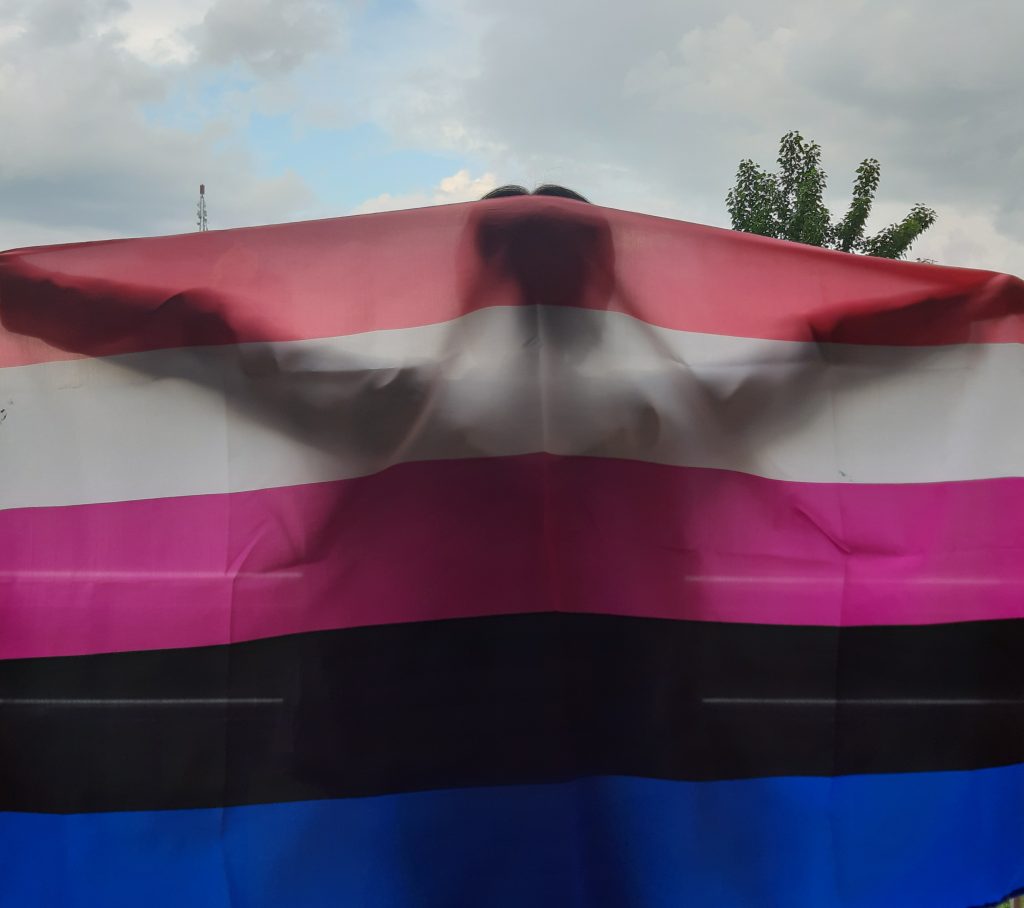
Although laws such as those recognising same-sex marriages or allowing changes to sex markers on documents are still needed, some progress has been made despite governmental resistance. The 2021 Action Plan to Improve Human Rights for LGBTI+ People was adopted, the first state-level public policy aiming to systematically address the challenges faced by the LGBTI+ community. While this represents a significant step forward, it does not solve more pressing issues.
Our legislations and society still have a long way to go towards clearer recognition, protection, and safety of the LGBTI+ persons. That is why this year the BiH Pride March speaks loudly about violence, continues to highlight these issues, and demands solutions from institutions and society.”
Blert Morina, Executive Director of Centre for Equality and Liberty Kosova
“In terms of legislation, I think we’ve made a lot of progress. But, of course, there are still significant problems when it comes to implementation.
More than ever, LGBTI+ persons in Kosovo are visible and present in public spaces. However, this visibility makes it even harder to live openly without being targeted. Acceptance of LGBTI+ individuals remains quite low in our society. In everyday life, LGBTI+ persons face many struggles, starting within their own families and extending to the broader society. Unfortunately, in Kosovo, victims of domestic violence who are LGBTI+ still do not have dedicated shelters and must be sent to Albania. This process is complicated because only one bed is available for LGBTI+ persons from Kosovo seeking shelter in Albania.

Regarding legislation, as I mentioned earlier, we have some impressive laws. However, we are still struggling with issues like same-sex marriage. Despite ongoing discussions in civil court and two final verdicts from Kosovo courts, we still do not have a law that allows transgender persons to change their names and gender markers on official documents.”
Xheni Karaj, Executive Director of Aleanca LGBT in Albania, Civil Rights Defender of the Year 2022
“From humble beginnings in 2012, Tirana Pride emerged with just 12 courageous souls marching for love and equality. Fast forward to today, and it has blossomed into a vibrant celebration, lighting up the streets with colors of pride and solidarity. What once was a small gathering has now become one of Albania’s most vital and vibrant LGBTI+ public events, a beacon of hope and acceptance for all. With each passing year, Tirana Pride grows stronger, proving that even the smallest voices can spark monumental change.
Between hate or love, we choose love. Between the gloom of prejudice, the medieval darkness of violence, and the light of democracy, we choose democracy!”
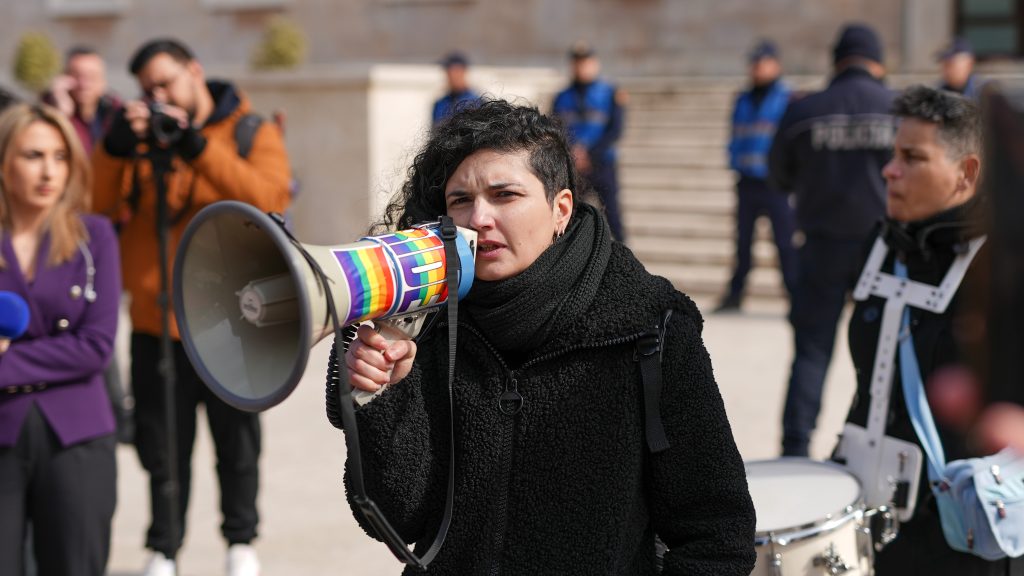
As we look to the future, it is clear that the journey towards full equality and acceptance is far from over. However, the progress achieved thus far serves as a testament to the power of collective action and the importance of solidarity. The shared experiences and insights remind us that change is possible, and every step forward, no matter how small, is a victory for the LGBTI+ community.
For many years, Civil Rights Defenders have supported and partnered with Prides across the Western Balkans. By providing essential resources, advocacy, and visibility, we have played an important role in fostering a more inclusive society, helping to challenge prejudices, and advocating for legal reforms that protect and empower the LGBTI+ community. Our ongoing collaboration with local activists and organisations continues to drive progress and ensures that the fight for equality remains a prominent and powerful force in the region.
By continuing to support and amplify the voices of LGBTI+ individuals, both locally and globally, we can help pave the way for a more inclusive and equitable world.
